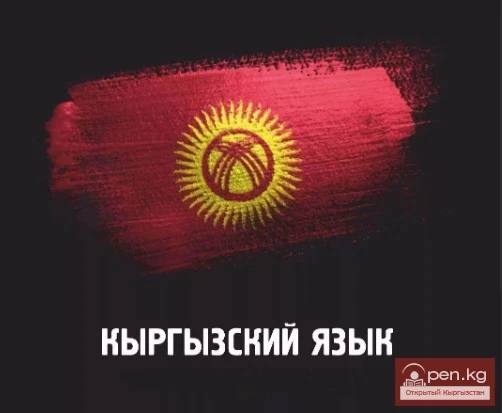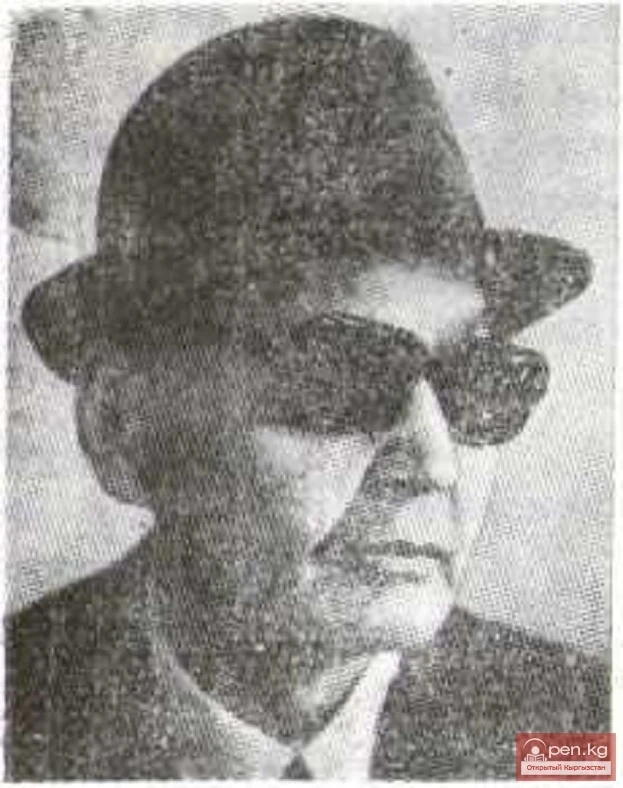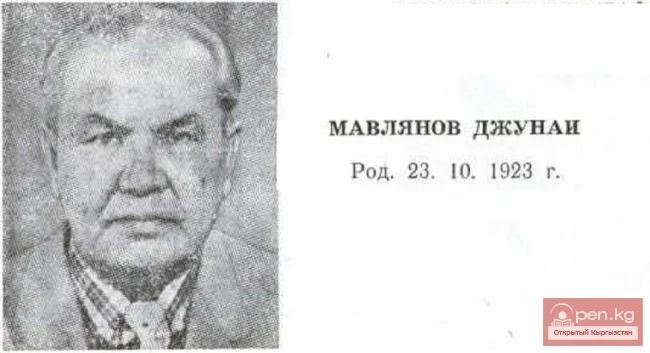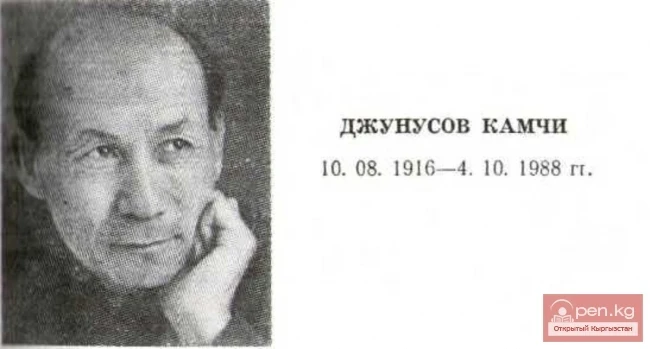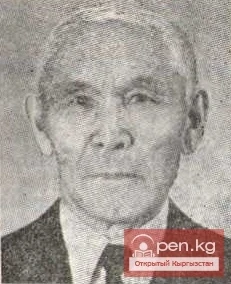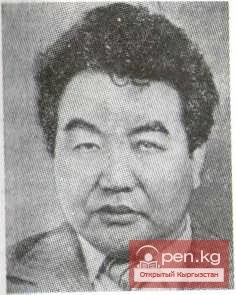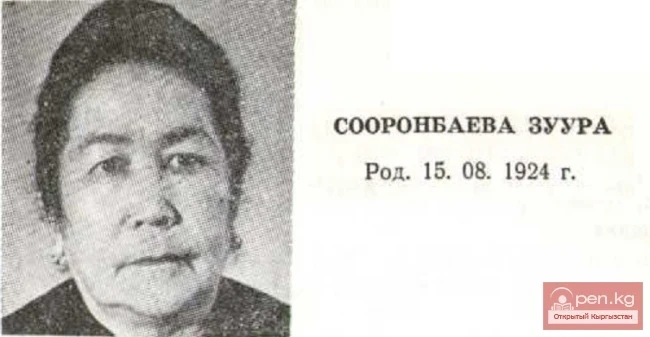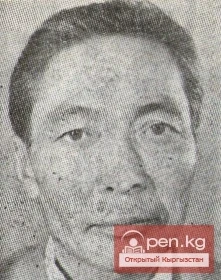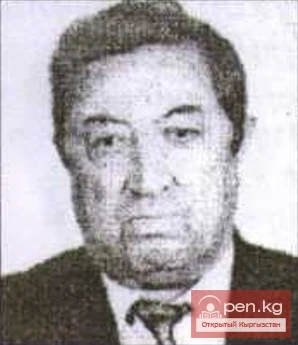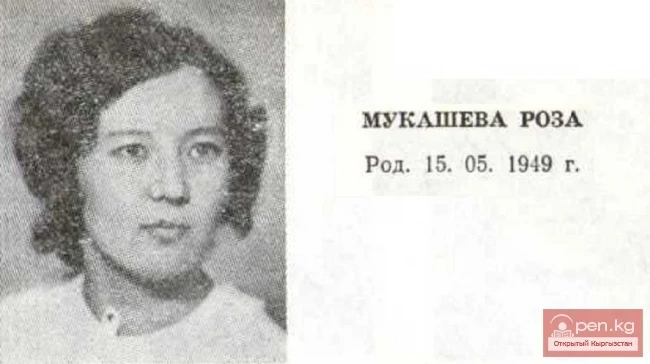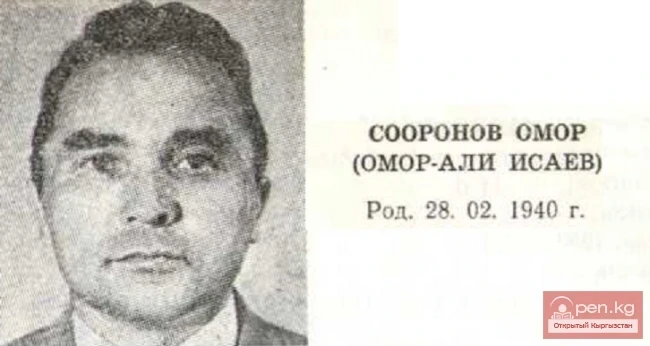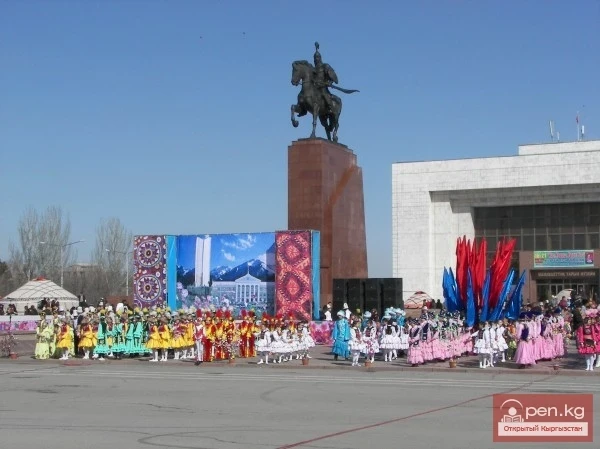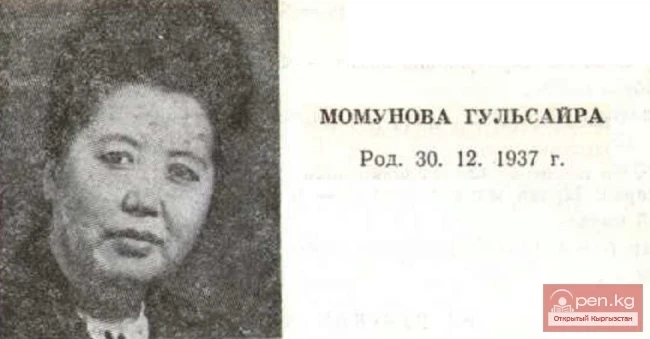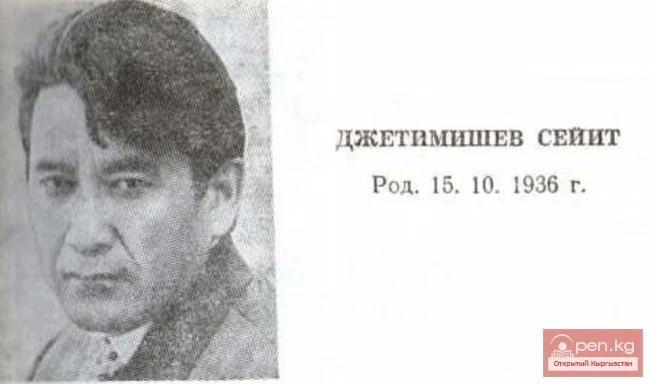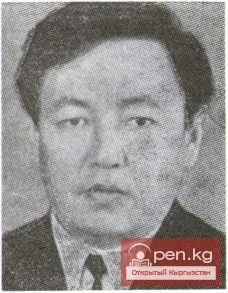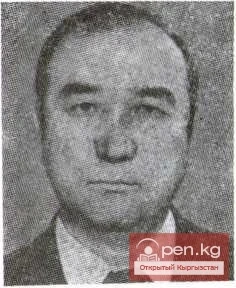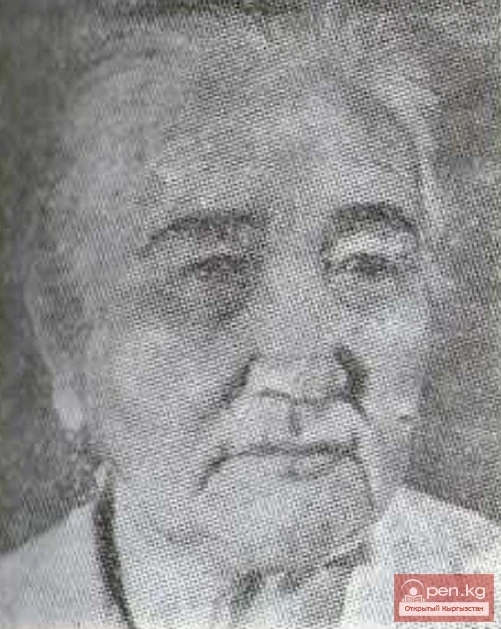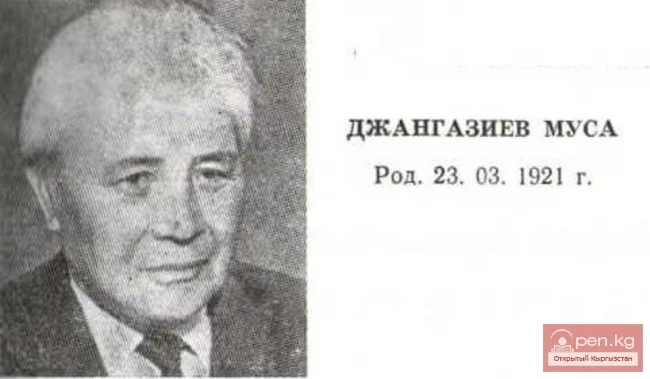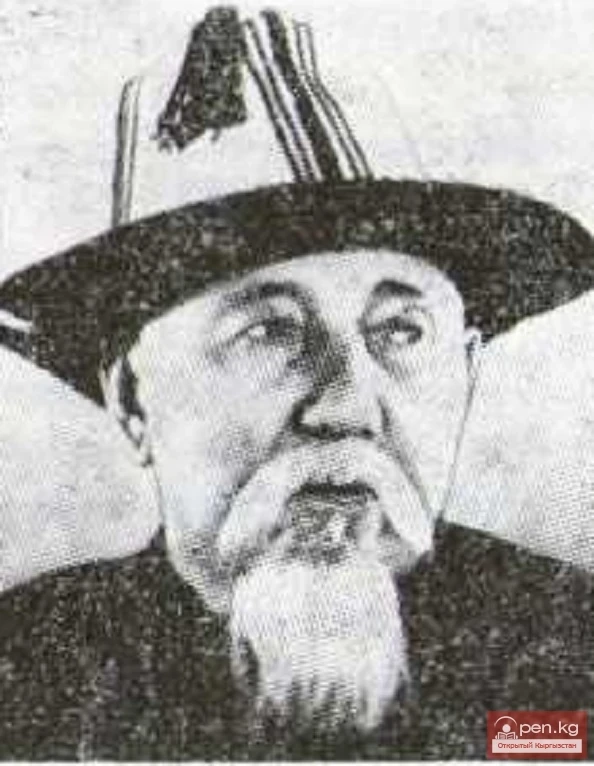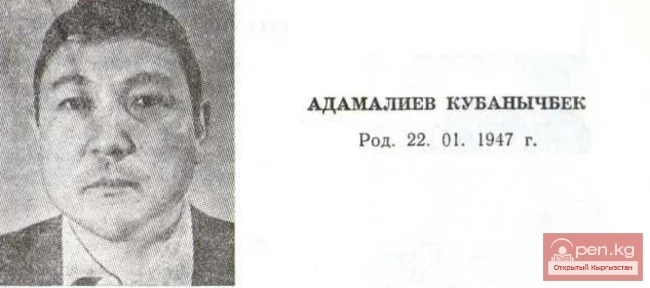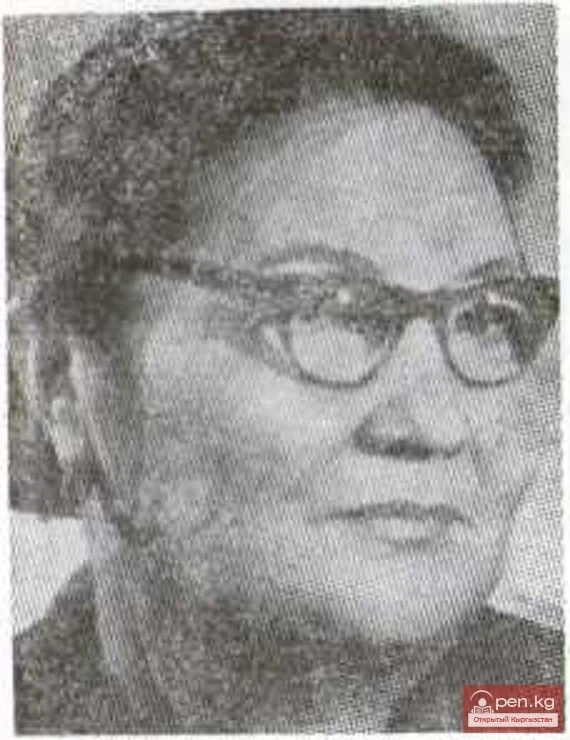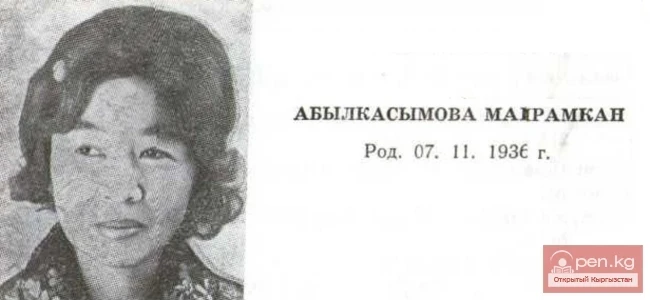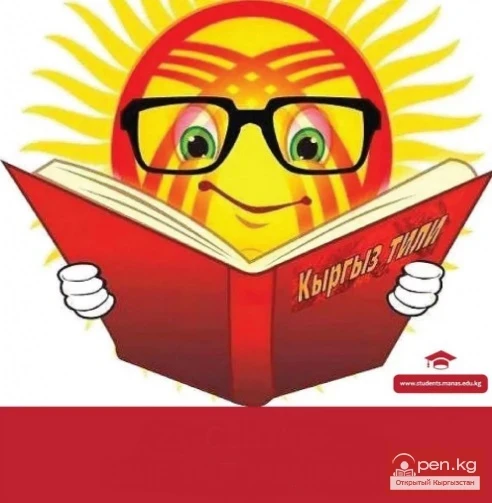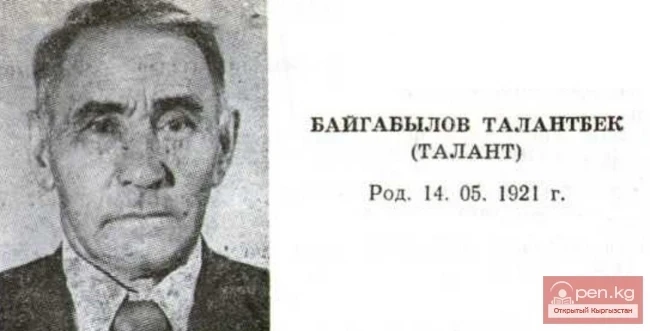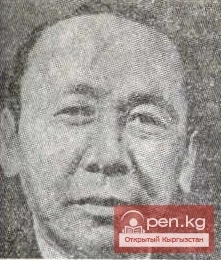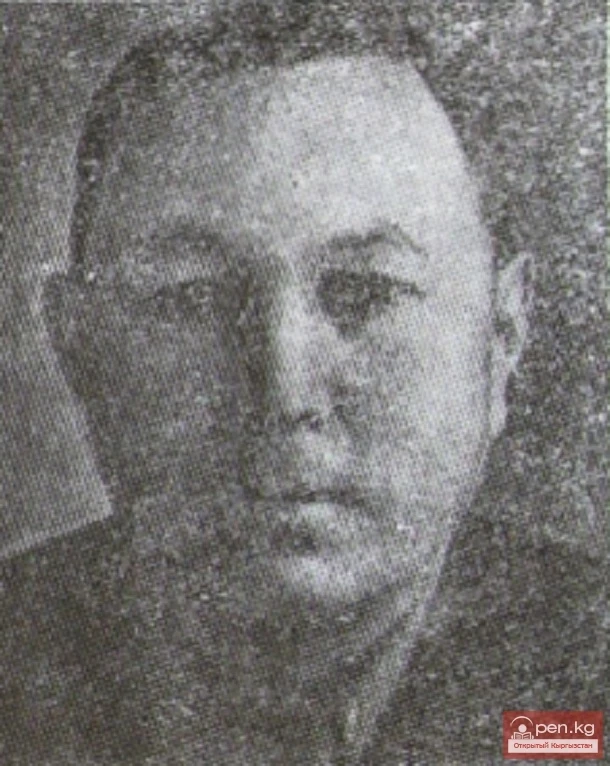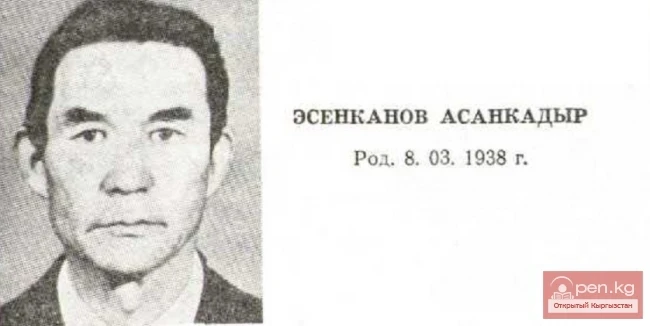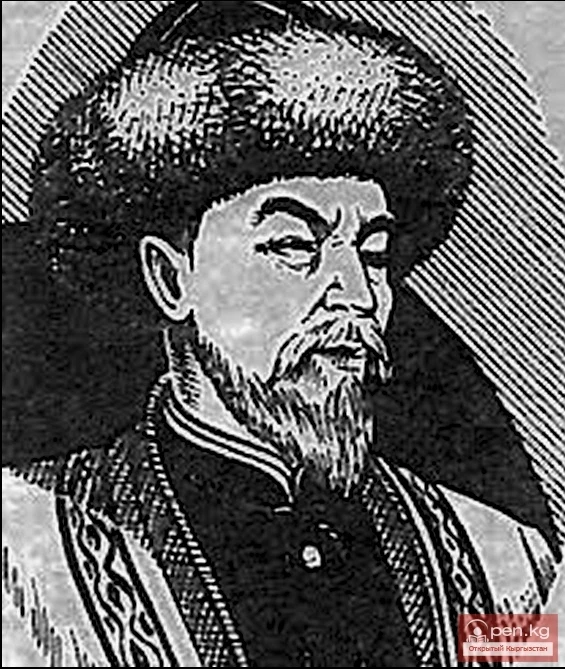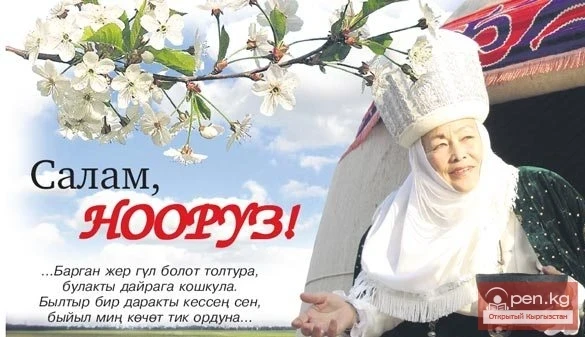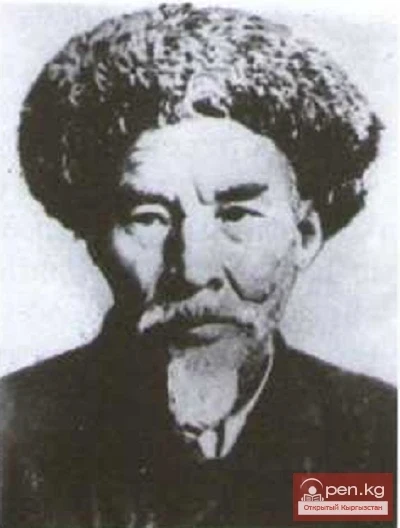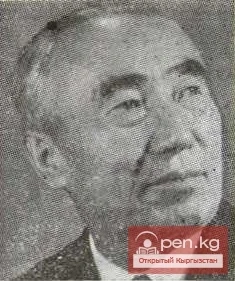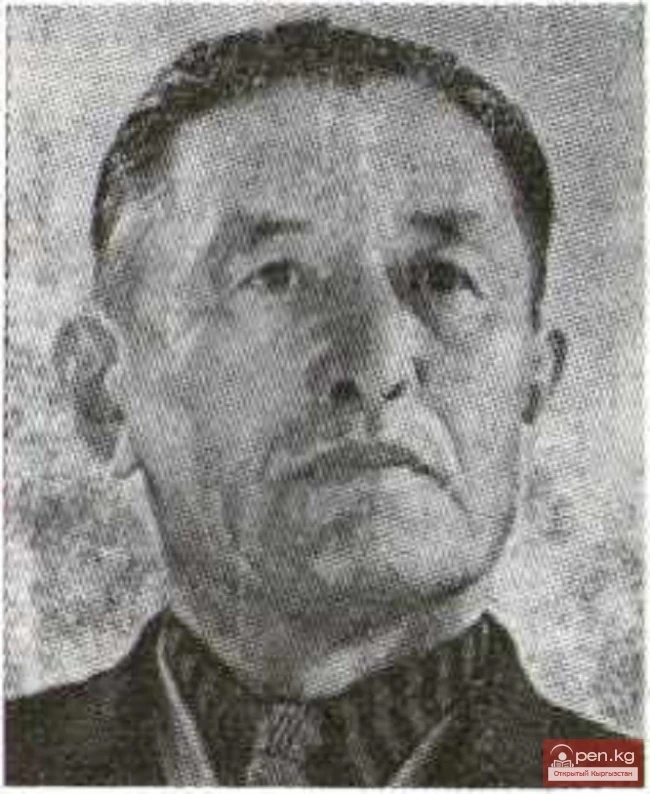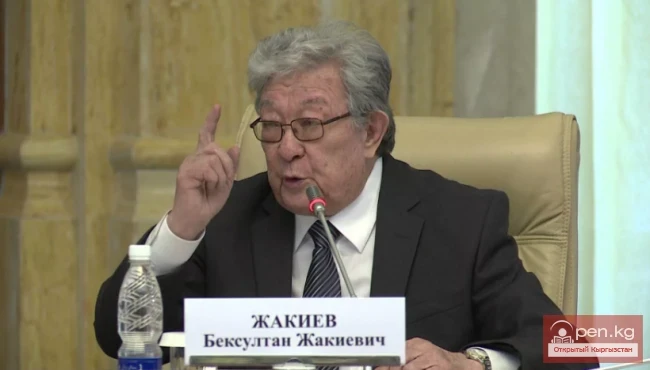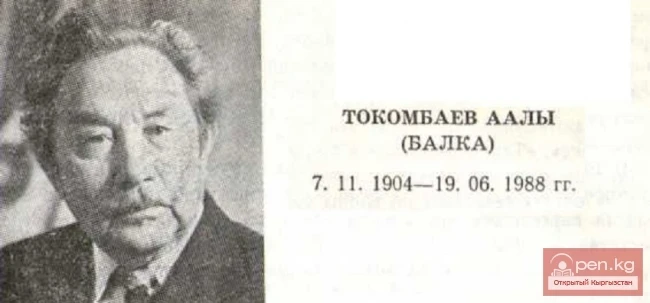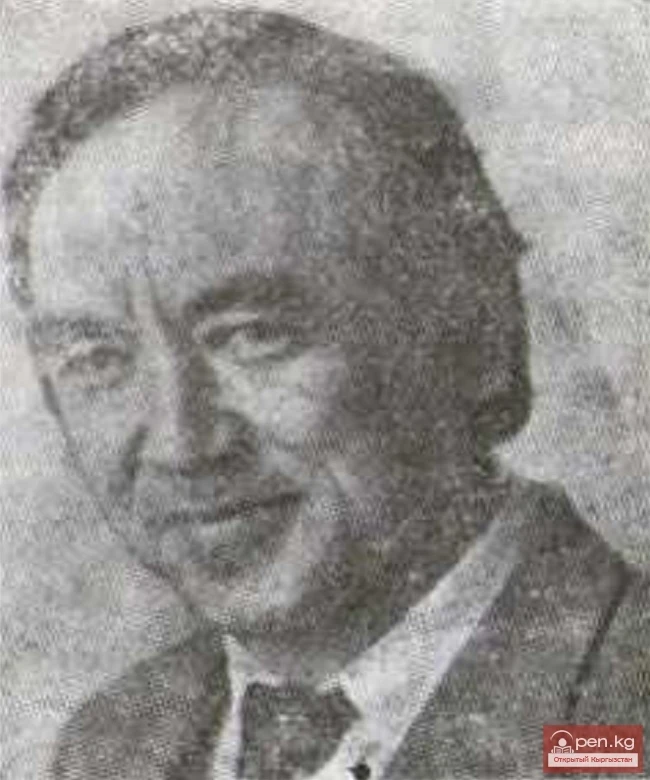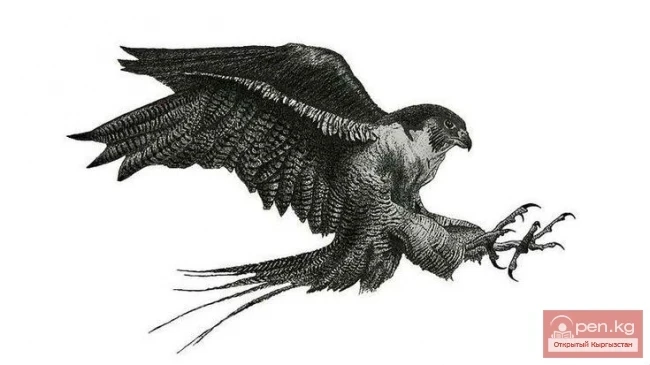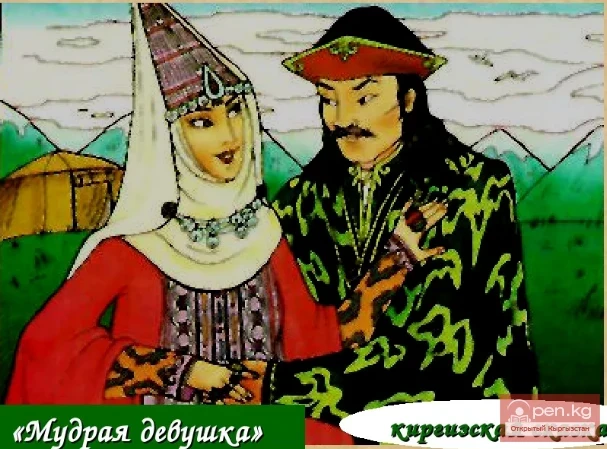
The Wise Girl
In ancient times, there lived a khan named Sarybay. One day he gathered his people and said to them: — For forty years I have been your khan and have seen much during this time; I have drunk and eaten as much as was destined for me. Now I have only to die, but I have no children to whom I can pass on the khanate. Choose for yourselves a new khan.
And Sarybay's people replied:
— You appoint us a new khan!
— No,— said the khan,— for the living quickly forget the words of the dead. I will die, and my words will die with me.
But the people continued to plead with him:
— We honor you and your words; appoint a new khan, and we will listen to you!
Then Sarybay said:
— I have a faithful friend — a white falcon. After my death, he will neither move, eat, nor drink for three days.
On the fourth day, you should approach him, feed him, give him water, and release him. Watch him and see where he circles. The one on whose head the white falcon lands will become your khan.
A few days passed, and khan Sarybay died. And his faithful friend — the white falcon — did not move, eat, or drink for three days.
On the fourth day, he was fed, given water, and released. The falcon soared high into the sky, circled over the gathered people, and landed on the head of a young shepherd named Bolotbek. The people began to murmur. Some shouted:
— Bolotbek is too young — can he rule the khanate?
— We will not choose a shepherd as our khan! — shouted others.
Then the respected elders, the white-bearded aksakals, stepped forward and addressed the people:
— We promised Sarybay to choose as khan the one on whose head the white falcon lands. It has landed on the head of the shepherd.
So let this young shepherd now become our khan!
And thus the shepherd Bolotbek became khan. He was wise, just, and generous, helping the poor by giving them livestock and providing clothing from the khan's treasury.
Soon the people noticed that every time khan Bolotbek came out of the treasury, his eyes were filled with tears. They began to ask him about the reason for his sadness and tears. And the young khan replied:
— In the treasury lies my old tattered robe. It reminds me that there are still many poor among my people. This makes me feel heavy, and I cry!
From that day on, the subjects loved their khan even more.
Khan Bolotbek ruled for a long time, wisely and justly. But one thing saddened the people — the khan did not take a wife; he did not like the daughters of the rich and the khans. One day the aksakals came to him and began to urge him to marry.
— Remember Sarybay, — they said to him. — He died without leaving heirs; the same will happen to you!
The aksakals persuaded him for a long time, and the khan finally agreed.
— Very well,— he said. — Gather all the noble girls of our khanate; I will pose them three riddles, and the one who solves them will become my wife.
And so all the noble girls of the khanate gathered in Bolotbek's palace. Khan Bolotbek came out to them and posed three riddles:
— What is the distance between the east and the west?
— What is the distance between the sky and the earth?
— What is the distance between truth and falsehood?
For answers, the khan gave them three days and ordered the girls to come to the palace every morning and evening to share what they had thought during that time.
Two days passed, but not a single girl had solved the khan's riddles. On the third day, on their way to the palace, they met a poor girl named Daanishman, who was gathering firewood.
— Sisters, — Daanishman addressed them, — you have been going to the palace for three days. Tell me, why?
— It’s none of your business, — the noble girls replied rudely. — Gather your firewood!
— Among the girls, one was kinder and told her everything.
Then Daanishman began to plead with her to take her to the palace. The girls laughed at her poor clothing and did not want to take her with them, but after long pleas, they finally agreed. The girls arrived at the palace, and khan Bolotbek asked them:
— Well, who among you has solved my riddles?
None of the girls responded. Then Daanishman stepped forward and said:
— Khan, I have solved your riddles. The distance between the east and the west is one day's journey because in the morning the sun begins its path in the east and in the evening ends it in the west. The distance between the sky and the earth is not great — it is easy to encompass with one’s gaze: you raise your eyes, and you see the sky; you lower your eyes, and you see the earth. The third riddle is also not difficult to solve: the distance between truth and falsehood is only four fingers, the distance between the eye and the ear, because the ear often hears lies, but the eye always sees only the truth.
— Correct,— exclaimed the khan,— you alone have solved the riddles; you are the smartest girl in my land, and I will marry you!
And Bolotbek ordered the people to gather for the wedding.
Thus, the poor girl became the khan's wife. They lived together harmoniously and happily.
Daanishman helped the khan with her wise advice and guidance. After all, she was named Daanishman, which means "wise." The khan always listened to his wife but made her promise that she would not teach anyone else but him.
One day, a young man committed a serious offense against the khan. The young man realized that the khan could execute him for such a transgression, and he then came to the khan's wife and begged her to teach him how to avoid imminent death.
The khan's wife felt sorry for the young man, and she broke the promise she had made to her husband — she taught the young man how to respond.
— Just make sure you don’t tell the khan that I taught you! — she ordered.
But khan Bolotbek immediately understood that the young man could not have thought of such a clever response himself, and he began to question him:
— Tell me, who taught you to respond like that? If you don’t tell me, I will order your execution!
The young man was frightened and confessed that it was Daanishman who had taught him. The khan became angry. He went to his wife and said to her:
— You did not keep your promise, which means you cannot be my faithful wife! Until now, we have lived together harmoniously, but now leave my palace and my city — go away! You may take with you what you love most.
— Very well, — replied Daanishman. I agree, but fulfill my request — let us eat together one last time!
Khan Bolotbek agreed.
- The khan's wife prepared food, brought wine, and began to treat her husband.
When the khan fell asleep, Daanishman ordered the best horses to be harnessed to the cart. She laid the sleeping khan in the cart and drove away, urging the horses to go as fast as they could. Soon they arrived in another khanate. Khan Bolotbek woke up, looked around, and saw that he was in some unfamiliar city, and beside him sat his wife Daanishman.
Khan Bolotbek was surprised and asked his wife:
— Where am I, what happened?
— My khan, — his wife replied, — you told me: “Leave my palace and my city — go away! You may take with you what you love most.” I left your palace, I left your city, but I took you with me because I love you more than anything in the world.
Khan Bolotbek realized that he had been unjust, and he felt ashamed before his wise wife; he returned with her to his palace, and they lived happily and harmoniously as before.
Kyrgyz Tales
